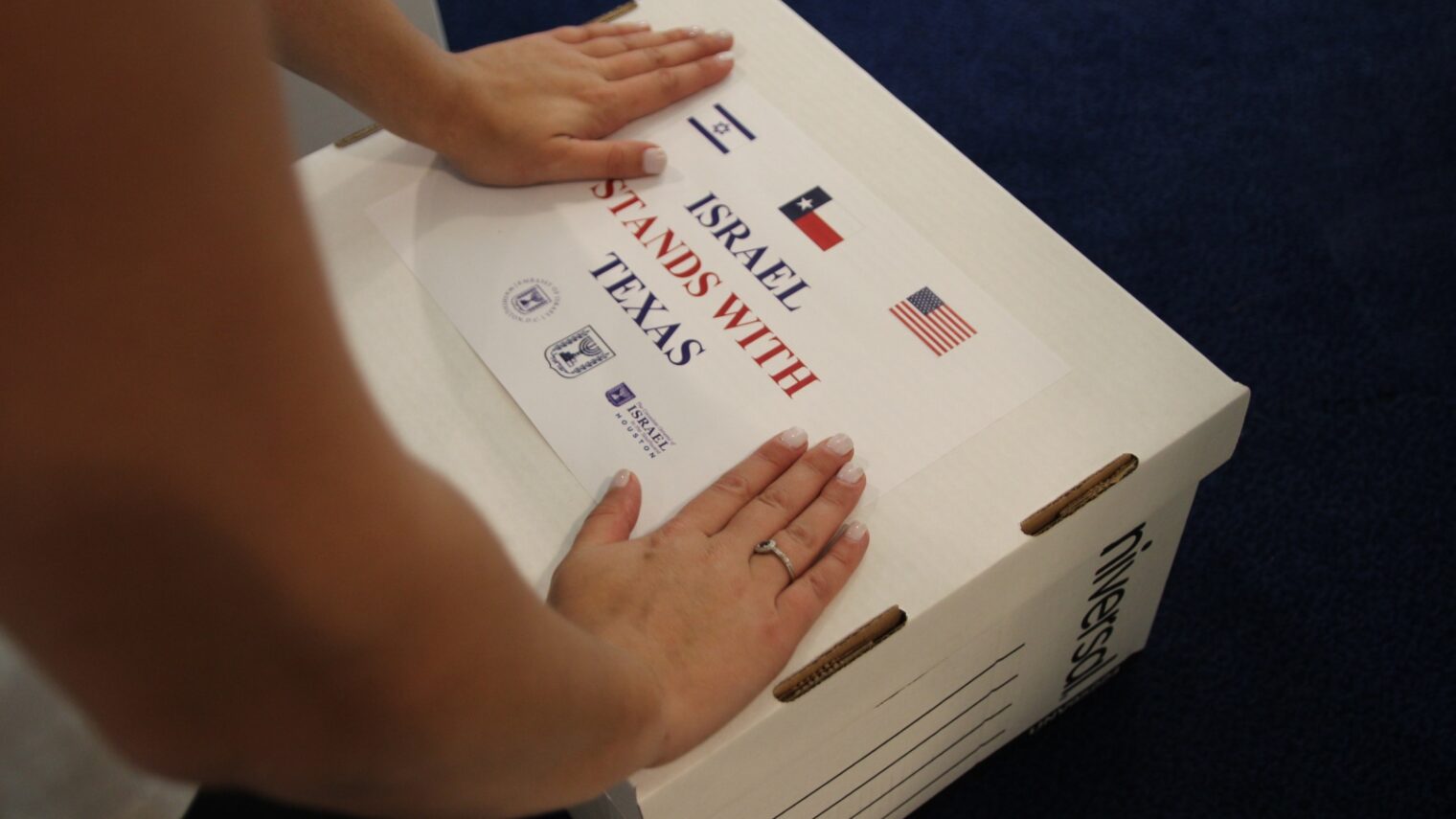At the end of the year, it’s always with great interest that we at ISRAEL21c look back at the year gone by to see which of our stories have been the most popular with our readers. Sometimes it’s obvious, and we know what to expect. Other times, we get a surprise.
This year’s stories are a mixed bunch from virtually every topic we cover, giving you a taste of just how diverse and interesting Israel is. Find out what our top stories are below.
1. Israel sends aid to flood-battered Texas during a summer of disasters

Israel stepped up to disaster after disaster this year, sending aid to countries all over the world and providing vital relief work in what turned out to be one of the worst Atlantic hurricane seasons on record.
The story that touched our readers most was the news that Israeli aid experts were on their way to Texas to provide relief and psychosocial support to the thousands of people who lost everything in the catastrophic Hurricane Harvey.
Harvey was the costliest tropical cyclone ever, inflicting $200 billion in damage, primarily from widespread flooding in the Houston metropolitan area, and causing 91 deaths.
A crew from nonprofit IsraAID flew to the area to help clean up homes and offer psychosocial trauma support to shocked residents. They were joined in Texas by teams from United Hatzalah, the Israel Rescue Coalition and the Dream Doctors Project – which sends in medical clowns.
Over the following four weeks, Israeli aid teams also flew to Mexico, Haiti and the Caribbean, Florida and Puerto Rico – which were all hit by hurricanes — and provided aid in Nepal and Sierra Leona, both hit by powerful floods. Israel’s ZAKA Search and Rescue Organization and the Israeli Foreign Ministry also sent aid to some of these locations.
2. A year of wonder with Wonder Woman

Israeli actor Gal Gadot blazed her way into public consciousness this year with her celebrated portrayal of DC Comics Wonder Woman in the Warner Brothers film of the same name.
Gadot, who was born in Rosh Ha’ayin, was feisty, strong, capable, intelligent and independent, providing women all over the world with a fabulous new role model. What made it all so much better is that off screen Gadot seemed to encapsulate all those attributes in her own behavior, and combined it with pride in her Israeli roots.
To give readers a little more insight into the world’s new Israeli hero, we put together a list of 14 things you didn’t know about Gal Gadot. The story was a hit.
3. 25 brilliant Israeli tech companies to watch in 2017

Who doesn’t want to know what experts predict will be the most promising companies of the year? We asked tech stalwarts like Yossi Vardi and Nir Kouris which companies to watch, and compiled a list of the most exciting ones.
Seems their predictions were pretty much on target – many of the companies listed have gone on to do extremely well this year.
Otonomo raised $25 million in April; Cartiheal raised $18.3m. in May and began clinical trials; Flytrex launched the world’s first drone delivery system in Iceland in August; StoreDot raised $60m. from Daimler in September; in December, Lemonade raised $120m., and augmented reality parts maker Lumus signed a licensing agreement with Apple manufacturer Quanta that could lay the framework for Apple’s rumored AR headset.

To celebrate Israel’s 69th Independence Day, we gathered some of the most beautiful shots of Israel we could find. The pictures most definitely speak for themselves. Just click on the link and you’ll see why.
5. Test your glucose levels without drawing blood
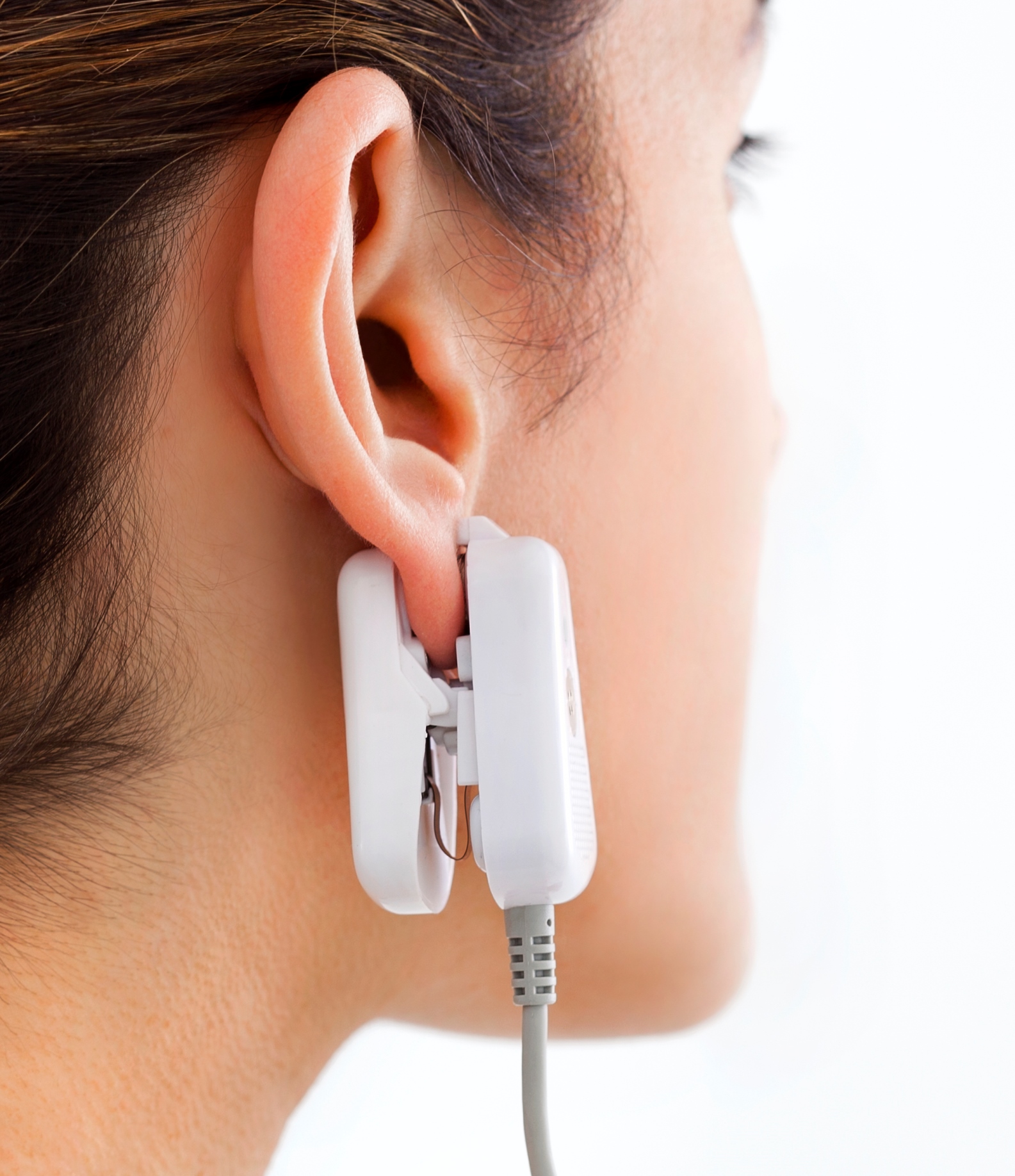
Aside from an all-out cure, this is probably the holy grail of diabetes treatment. No one likes pricking a finger to draw blood several times a day, and the result is that many people with diabetes don’t check blood glucose levels enough, putting themselves at risk of serious complications.
With some 700 million people thought to have diabetes or impaired glucose tolerance worldwide, this is a significant issue.
It took Israeli company Integrity Applications a decade to develop GlucoTrack, which is described as the first truly noninvasive system for self-monitoring glucose levels.
Instead of drawing blood, you clip the GlucoTrack sensor to your earlobe. A patented combination of ultrasonic, electromagnetic and thermal technologies works with a proprietary algorithm to measure physiological parameters correlated with glucose level.
Results are displayed within about a minute on a USB-connected handheld control unit, which also stores and compares previous readings.
6. A personal meal plan to keep diabetes at bay

Israeli universities have an excellent record of technology transfer, taking academic research from scientists and turning it successfully into a commercial product. DayTwo is a perfect example of this.
In a 2016 clinical study, researchers at the Weizmann Institute of Science revealed that specific foods and food combinations affect the blood-sugar levels of individuals differently. One year on, their research formed the basis of a new solution, DayTwo, which is designed to identify the best possible diet for individuals with diabetes and pre-diabetes.
Already available in Israel and the United States, DayTwo has developed an algorithm for predicting individualized blood-glucose response to thousands of different foods and meals based on gut microbiome information and other personal parameters.
After taking a stool test and sending it off to the company’s lab, customers receive a microbiome report and a mobile or web application offering personalized recommendations on meals that will help balance blood sugar.
7. Israeli research reveals why honeybees are dying
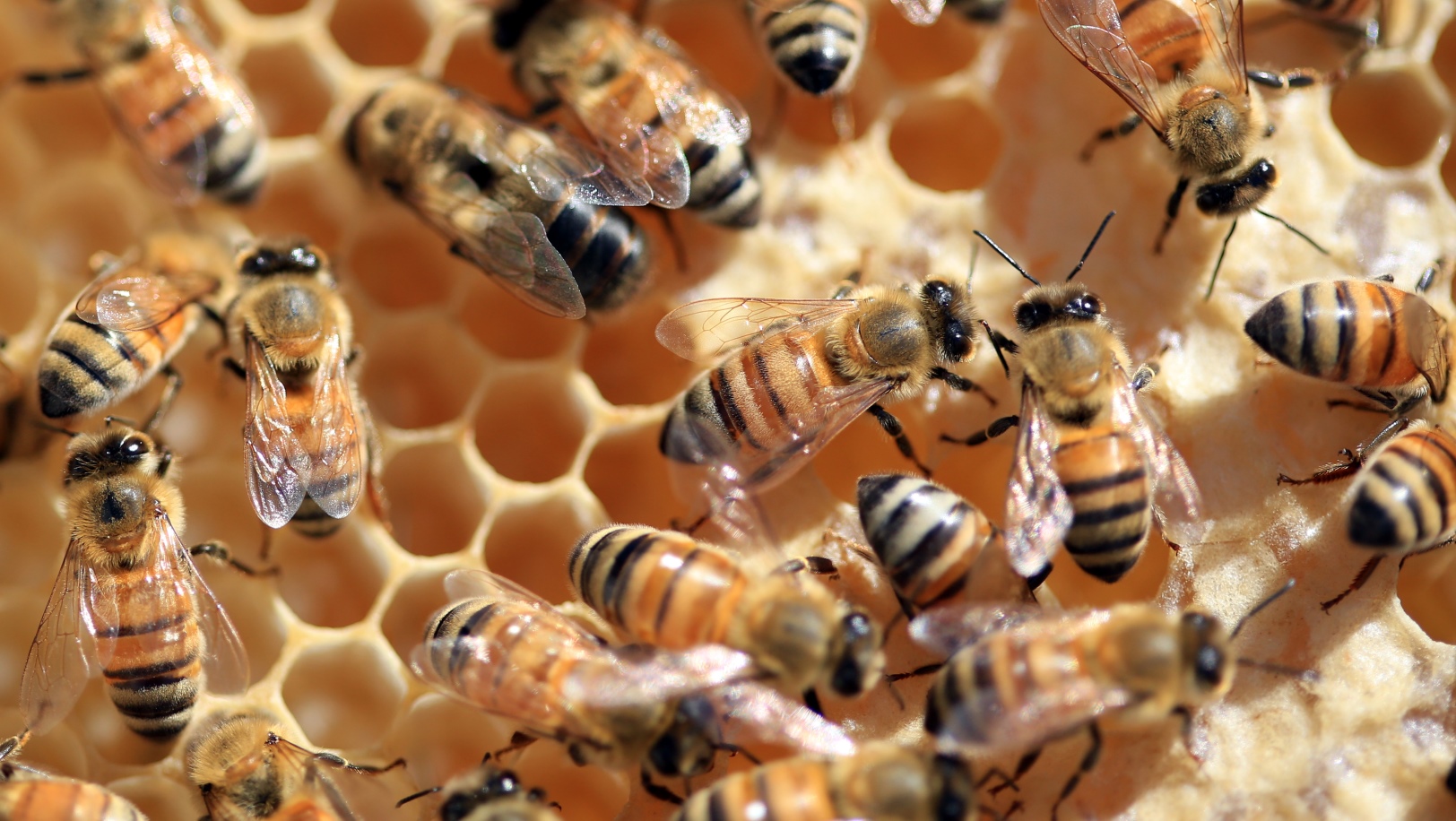
Bees are smart. Research from the Hebrew University’s Robert H. Smith Faculty of Agriculture in Rehovot shows that they know which vitamins and minerals they need to survive and will actively search out these nutrients in flowers and plants to improve their diet. The problem is that increased urbanization has dramatically reduced wildflower choices, cutting vital sources of nutrition.
The result, according to scientist Prof. Sharoni Shafir, director of the Bee Research Center, is that this malnourishment, alongside other factors such as the use of pesticides and poisons in the environment, and the Varroa mite and the viruses it transmits, is leading to colony collapses and an alarming rate of death among bees.
Nutrition, says Shafir, is at the heart of everything, because malnourishment leads to a weaker immune system that cannot fight the effects of pesticides and viruses.
8. 16 Arabs from Israel making a difference on the world stage
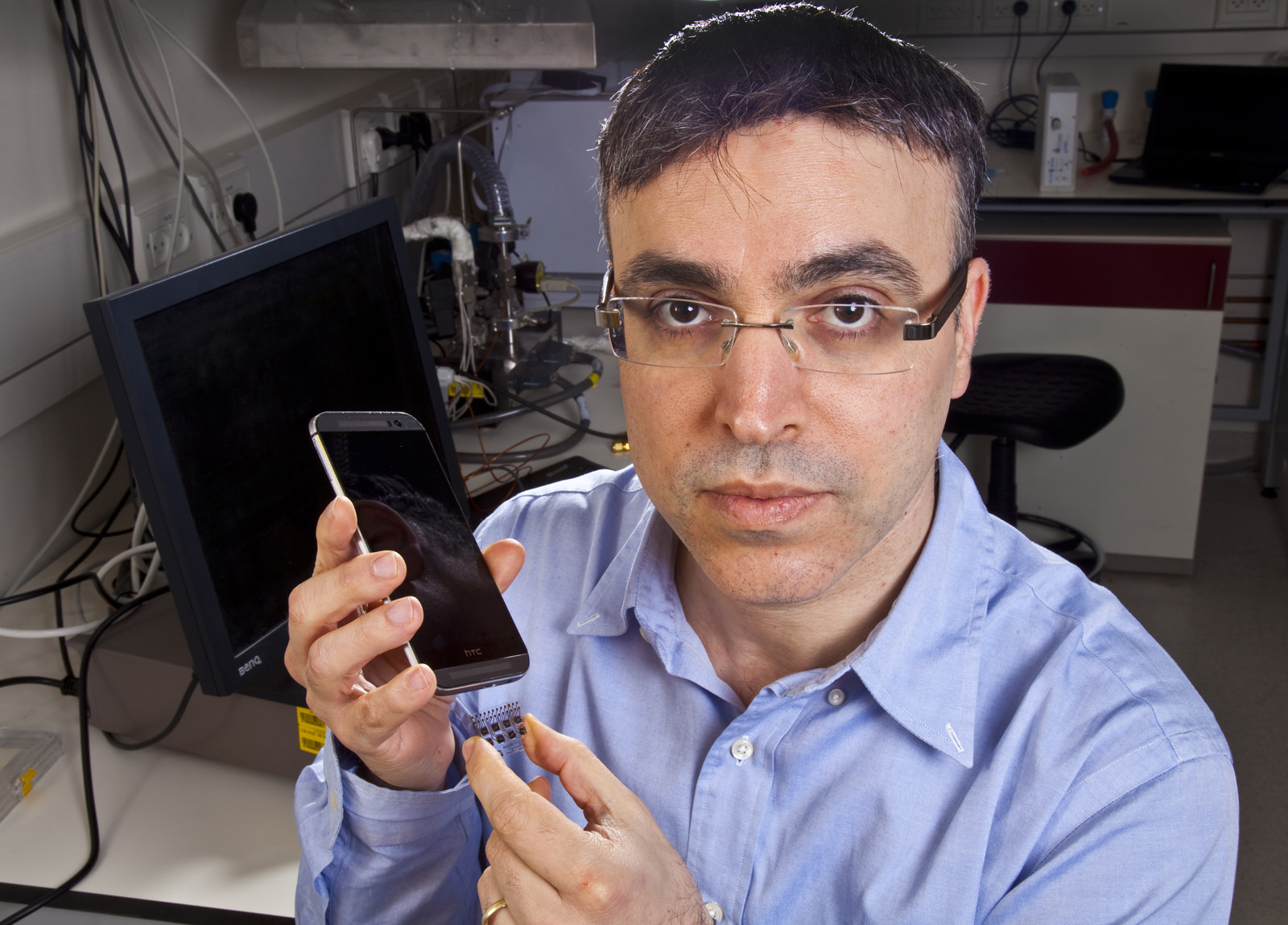
There’s Hossam Haick, who is trailblazing a technology that can sniff out diseases at an early stage, Kossay Omary and Rabeeh Khoury who have developed one of the smallest computers in the world, Mahmoud Huleihel, who has made a breakthrough in the field of male infertility, and Jamil R. Mazzawi, who founded Optima Design Automation, a startup developing software for self-driving cars.
“There are so many excellent Arab experts that even many within Arab society don’t know about them,” says Makbula Nassar, manager of the A-List project, an online database of Arab Israeli superstars making strides in culture, sports, medicine, environment, fashion, diplomacy, education and technology.
Given that Muslim, Christian, Druze, Bedouin, Baha’i, Circassian and other Arab Israelis make up 21 percent of Israel’s population, according to the Central Bureau of Statistics, it’s not surprising. In this wildly popular and widely shared article, we took a look at some of the top names in the Israeli Arab world making a difference on the world stage.
9. Finding the trigger for multiple sclerosis
Multiple sclerosis is one of the most devastating neurodegenerative diseases, affecting around 2.5 million worldwide, and to date there’s no known cure.
Researchers have long speculated that the disease is triggered by the body’s own immune system unleashing an uncontrolled attack on myelin sheaths that protect nerve cells (neurons).
A study published by Israeli scientists in the Journal of the American Chemical Society (JACS) pinpoints a structural instability in the myelin membranes, the “insulating tape” surrounding neurons. This vulnerability seems to give the immune system access to otherwise protected regions.
“Current therapeutic approaches have focused on the autoimmune response without identifying a clear mechanism. Our research suggests a new avenue for multiple sclerosis therapies and diagnostics,” said principal investigator Prof. Roy Beck of Tel Aviv University’s School of Physics and Astronomy and Sagol School of Neurosciences.
10. Reasons to get excited by Israel’s newest airport

It’s in a stunning location, it will blend seamlessly into the desert environment, it’s going to be more accessible than Ovda airport, and it will attract seriously cheap flights from Europe — these are just a few of the reasons that travelers in and out of Israel are getting excited by the new 34,000-square-meter Eilat Ramon Airport due to open 18 kilometers north of Eilat, sometime in the next year.
11. Israel’s surprising way of teaching skills for innovation
According to research conducted by PISA (Program for International Student Assessment), Israel is in the bottom 40 percent in mathematics and science. The country consistently trails behind countries such as China, Singapore, Japan, South Korea, Switzerland and Austria.
Yet Israel has the highest density of startups per capita in the world and is ranked No. 2 in innovation, according to the World Economic Forum’s competitiveness report.
How is a country so successful in technological entrepreneurship, which demands extensive knowledge in mathematics, science, finance and business, so far behind in math and science education? That’s what Inbal Arieli, a senior advisor to Start-Up Nation Central and co-CEO of Synthesis, explores in this article.
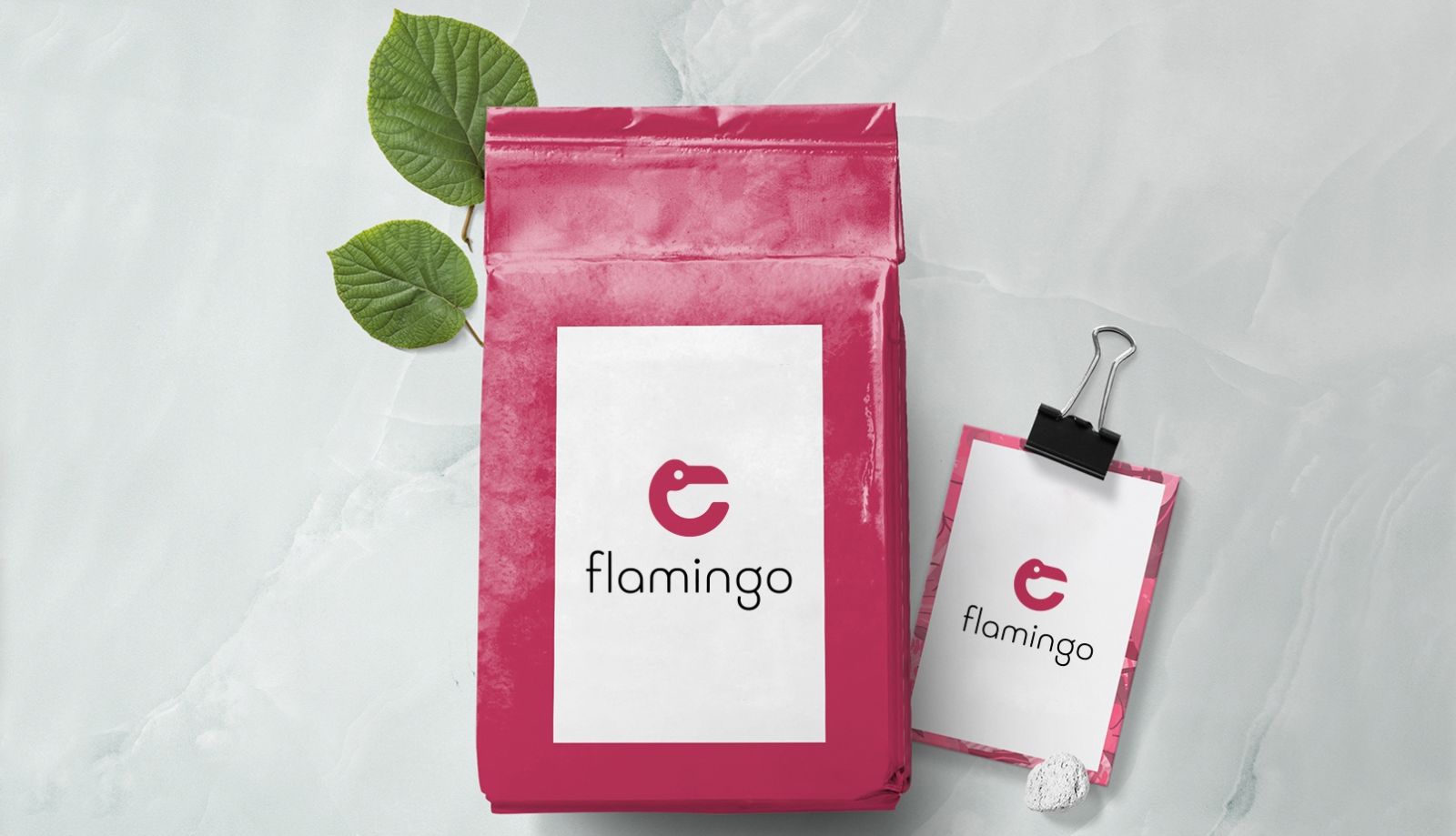
Branding today costs a fortune, but one Israeli company is beginning to change all that by using design robots to come up with your logos.
For around $10 a month, Tailor Brands will develop logos in multiple sizes and formats (think t-shirts, business cards, Facebook ads, PowerPoint presentations and letterhead) along with analytics, so you can see how your ad campaign is doing and how many followers you have on social media.
If you want a one-off logo, you can do that too – for as little as $3. Tailor Brands already generates more than 350,000 logos a month – and its goal is to become the biggest branding agency in the world.
“We want to democratize branding for those who don’t have a million-dollar budget,” says Yali Saar, founder of the company. “We want to make sure every coffee shop in Jerusalem can compete with Starbucks.”




